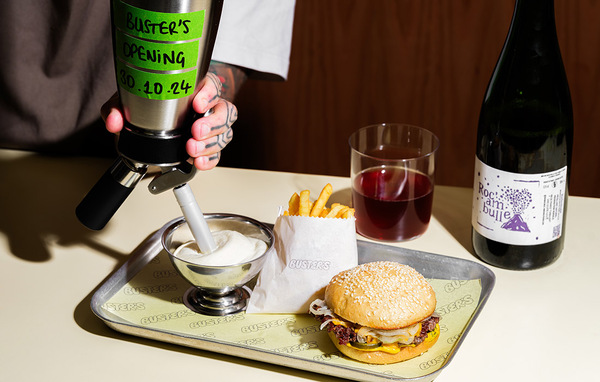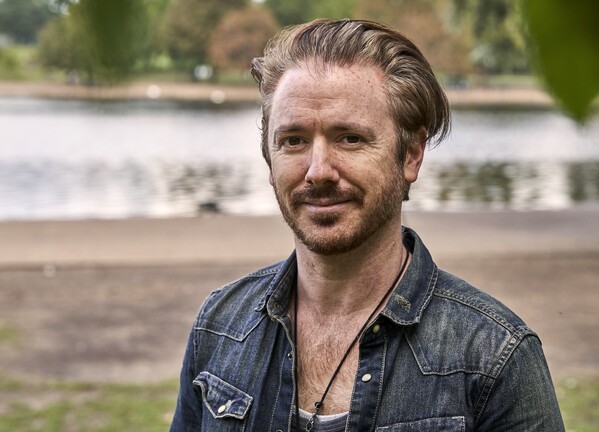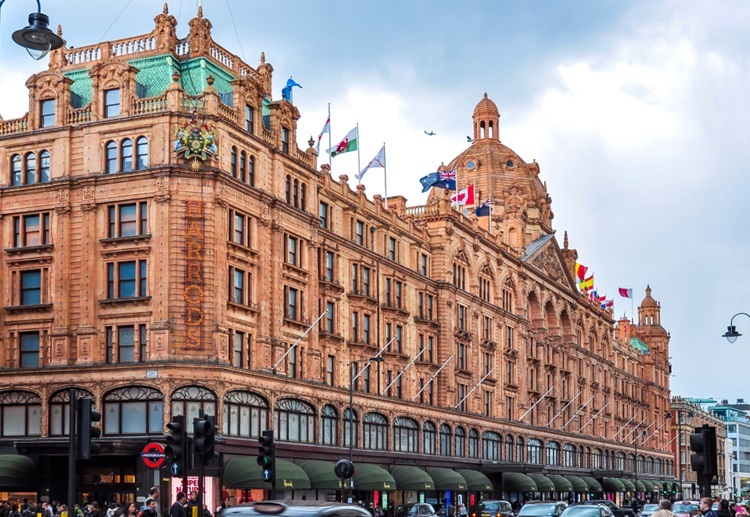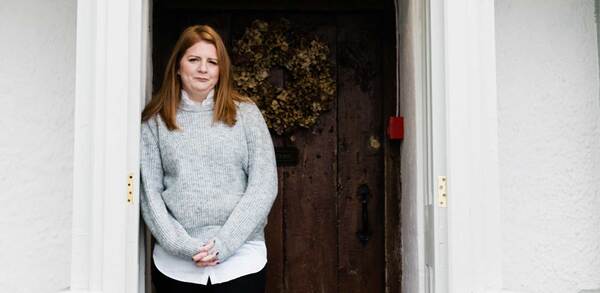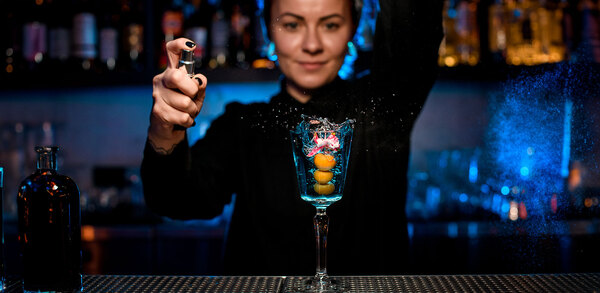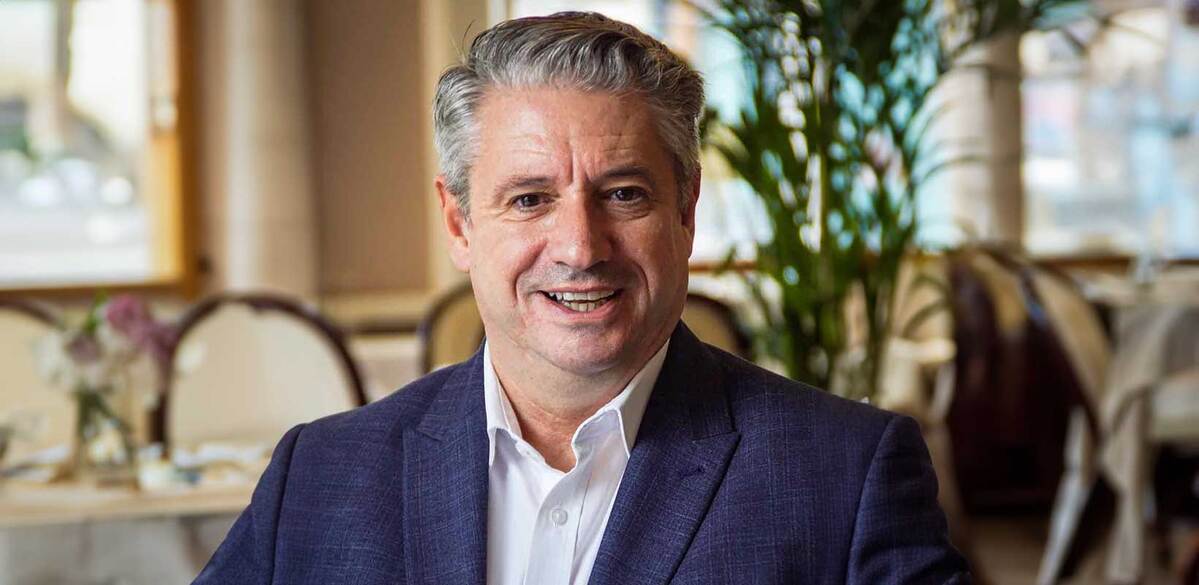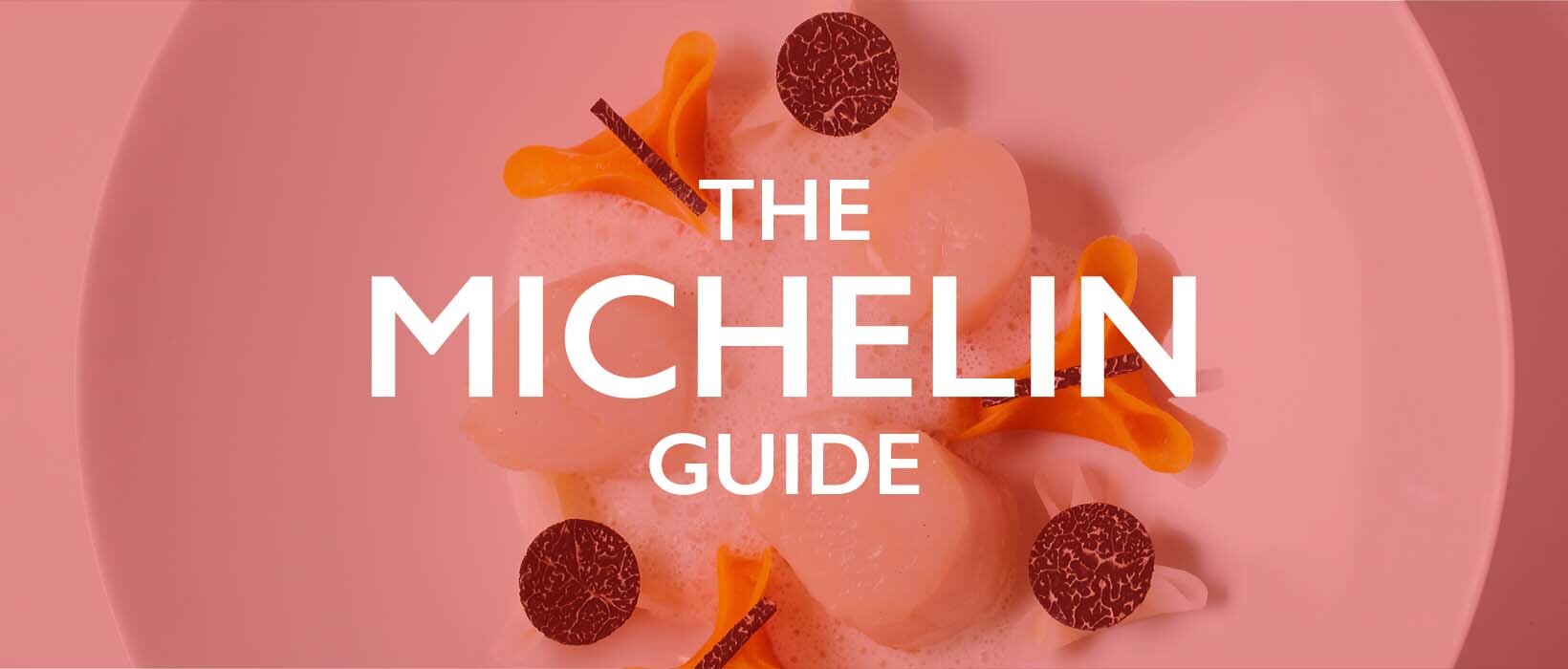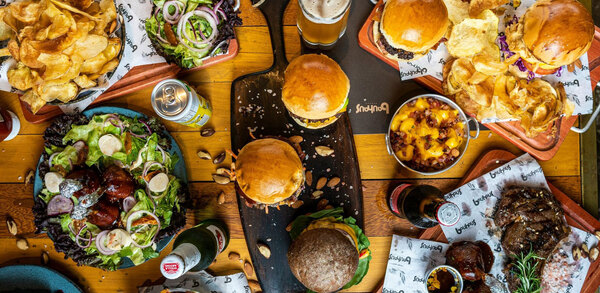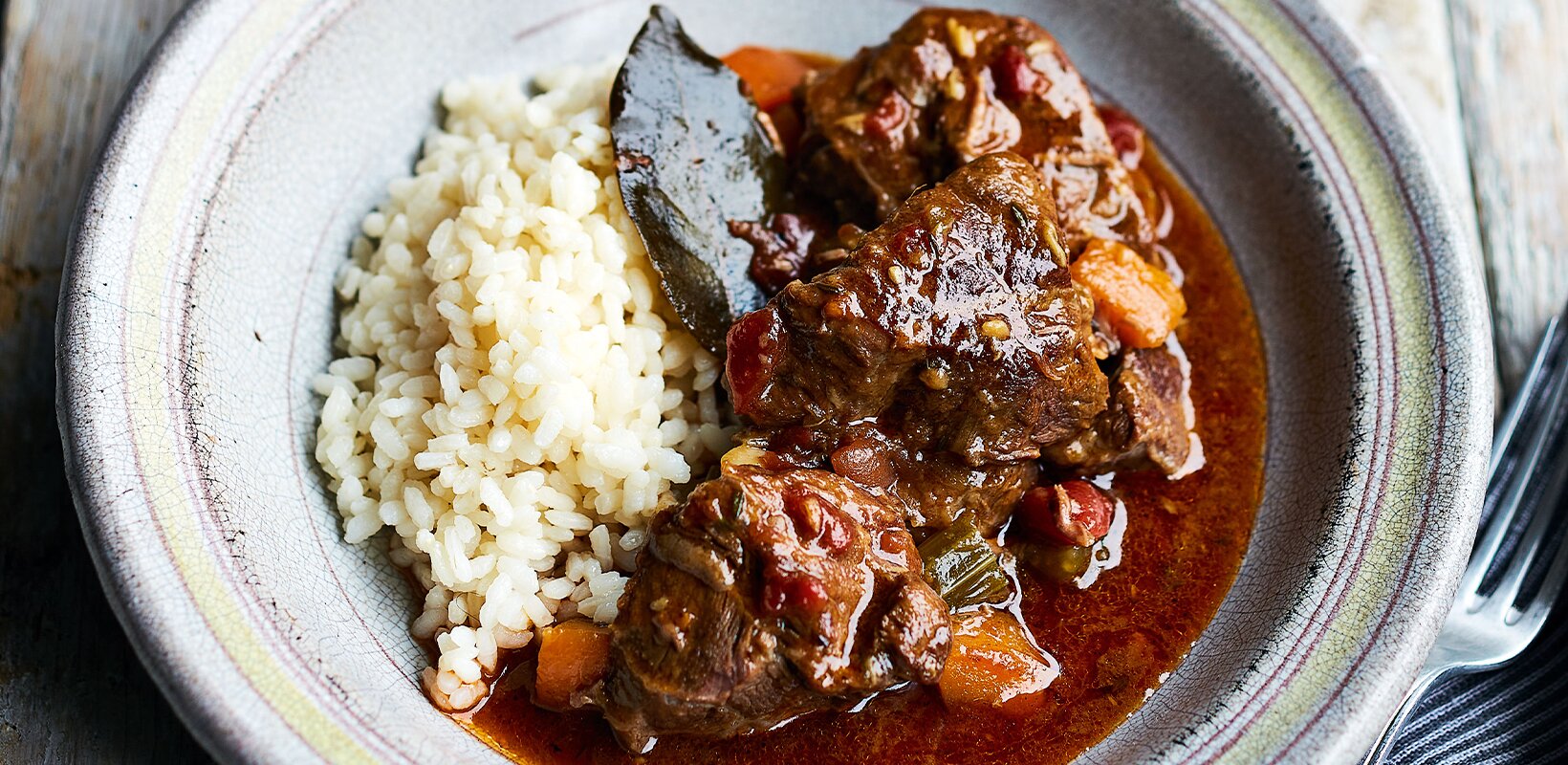Drinks doctor: How can I add an experiential element to my cocktail list?
The pre-dinner cocktail hour is ripe for experimentation, so consider how to take guests on a flavour journey, says Zoe Burgess
Cocktail culture is booming, guests are more discerning and value is being placed on the experience like never before. One particular area that has felt the effect of this is the restaurant, where we’ve seen significant growth in the demand for cocktails during pre-dinner drinks.
Drinking cultures are changing – we are cutting down on the amount of alcohol consumed and instead enjoying the more considered ritual of cocktails as an extension to the dining experience. The key word here is ‘experience’. As consumer knowledge has grown and the market has become increasingly competitive, more pressure has been put on the demand and expectation of the experience.
Suddenly, serving something that tastes great is not good enough, it needs to deliver more. But what exactly is that more?
Exploring what can be achieved in the pre-dinner cocktail space can be a daunting task, especially if experience is a key driver. It conjures up images of smoke-puffing glasses and gimmicks that over-perform on the visual and under-deliver with taste. So how do we offer an experience that better respects the relationship between labour, value and time? By focusing on the mechanics of flavour and its impact on the senses.
Flavour is a form of language. We can communicate ideas, share values and build experiences through its use. Cocktails, especially the classics, are particularly good at this. The history and associations of these drinks build a form of flavour ‘short-hand’ that is a great tool when building a cocktail experience. For example, if I say “James Bond” in the context of cocktails, you will likely envision specific spirits, cocktails, glassware and styling of a space and its service. The iconography of flavour is most present in cocktails, so we’ll use this as a starting point.
Here are my considerations and top tips for building a considered liquid flavour experience:
Change points of view
When presented with a task, I like to look at it from all possible angles and break the task down into more specific questions and/or answers. For example:
What is an experience?
The value of time and craftsmanship; the creation of a memory; and establishing a connection between the host and guest.
Why is the experience important?
It invites an exchange with the guest. It’s an opportunity to communicate and share ideas.
Work cocktail culture to your advantage
Spend time understanding your customers and what it is that they do or do not connect with and use their knowledge to your advantage.
This is where you want to blend the iconography of classic cocktails with your venue’s concept and offering. A twist on a classic that encompasses an element of your story will build guests’ trust, allowing you to take them on a journey and create a memorable experience.
Accommodate the guests’ preference
Nostalgia is still a driving force. We all like what we know, especially when we are in a new space. Look at how you can elevate the experience of nostalgia through wise product choices and presentation of ingredients. Look at your spirit selection and ensure it fits your ethos as well as the modern day preference of your customers’ palate. This means we can reference the past but present a flavour experience that is very much rooted in the present.
Do you have a question for one of the Drinks Doctors? Send your query to drinks@thecaterer.com
Seasonal food and drink pairing: Tapas and Baluarte Roble
The sun is out and it’s time for sitting outside and nibbling on small plates of quality tapas. In line with the Spanish theme, try the Baluarte Roble from Navarra. It’s bold yet soft with a fine acid line and bags of dusky, smoky fruit. Perfect for sharing plates.
Sponsored by Unity


